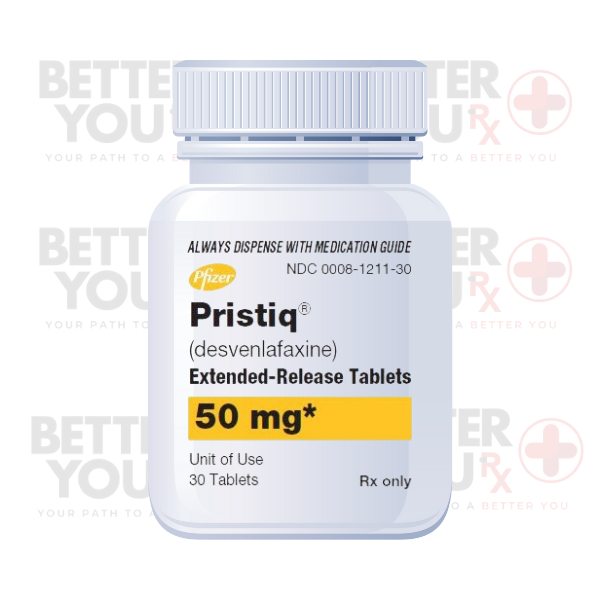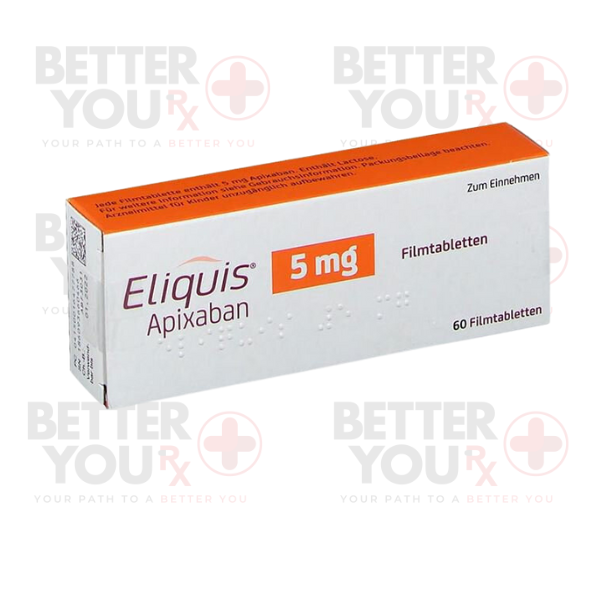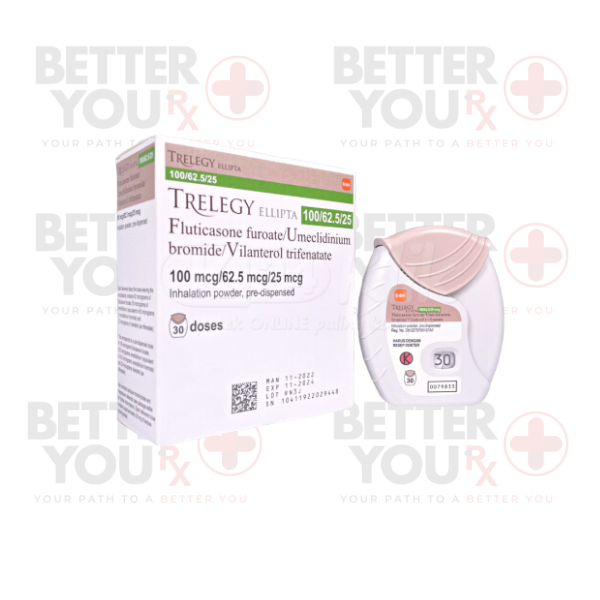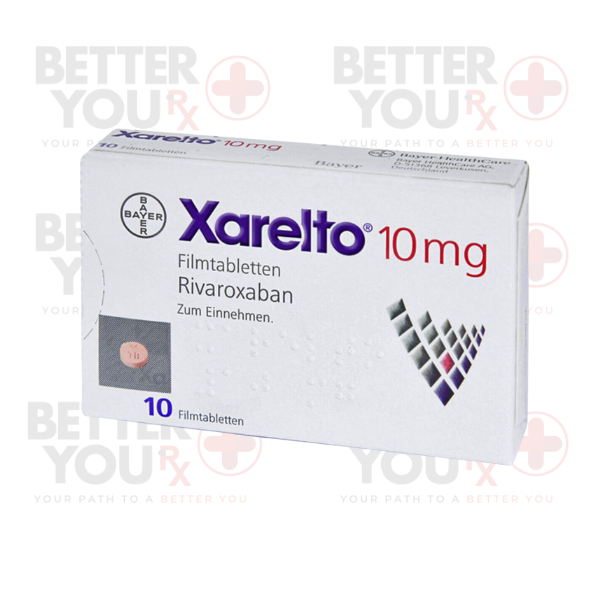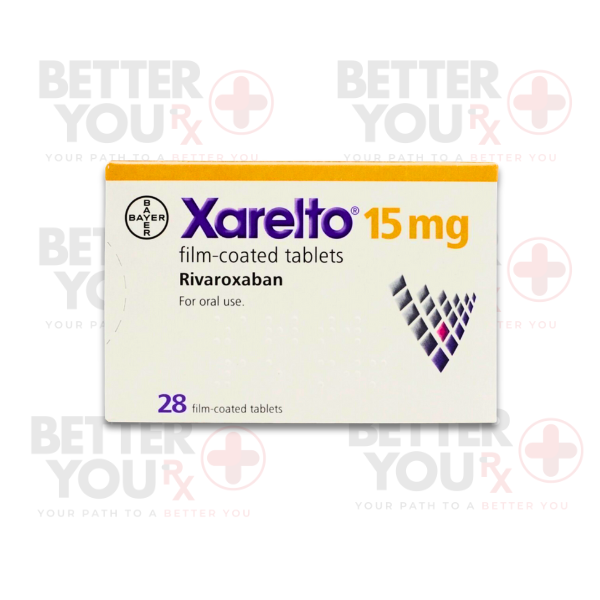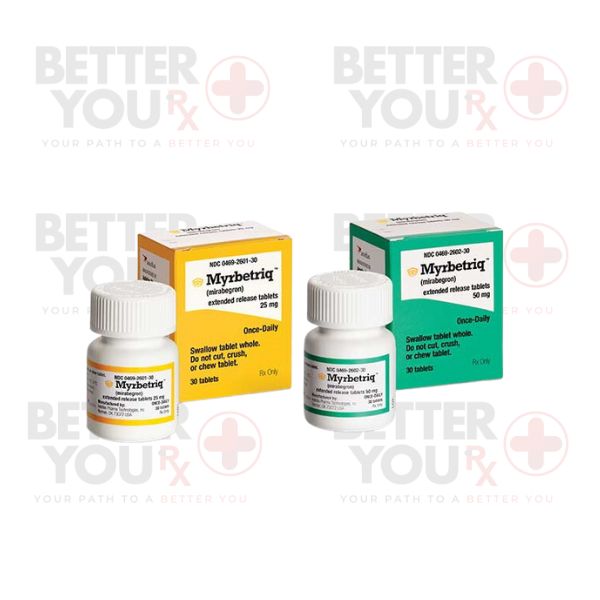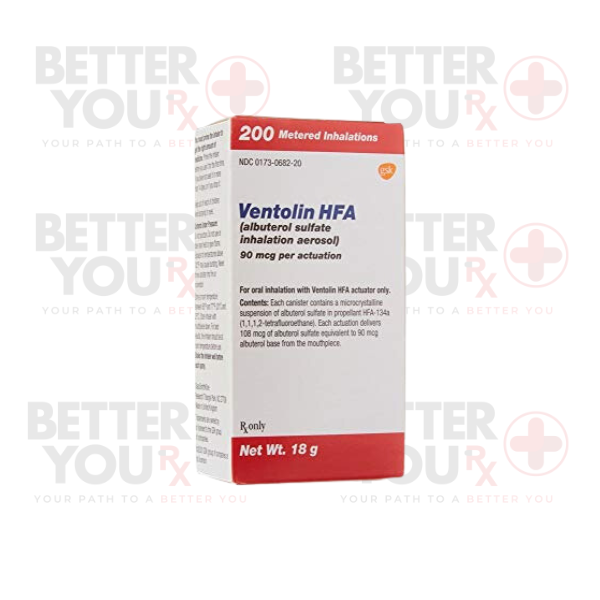| Usage |
Usage
Desvenlafaxine is available in an extended-release (long-acting) tablet form for oral administration. Typically, it is taken once a day, with or without food, and it's advisable to maintain a consistent daily schedule. To ensure safe and effective usage, please adhere to these guidelines:
1. Prescription Guidance: Follow the instructions on your prescription label meticulously. If there are any aspects you find unclear, don't hesitate to consult your doctor or pharmacist for clarification.
2. Precise Dosage: Take desvenlafaxine exactly as directed by your healthcare provider. Do not exceed or decrease the prescribed dose, and refrain from altering the frequency of administration.
3. Administration: Swallow the tablets whole with an ample amount of water. Do not split, chew, crush, or dissolve them.
4. Duration of Treatment: Desvenlafaxine effectively manages depression but does not offer a cure. It may take several weeks before you perceive the full benefits of desvenlafaxine. Even if you start to feel better, continue taking desvenlafaxine as prescribed. Do not halt the medication without seeking guidance from your doctor. In most cases, your doctor will gradually reduce your dose when discontinuing the medication.
5. Withdrawal Symptoms: Abruptly ceasing desvenlafaxine can lead to withdrawal symptoms, including dizziness, nausea, headache, irritability, difficulty falling asleep or staying asleep, diarrhea, anxiety, extreme fatigue, unusual dreams, or sweating. If you encounter any of these symptoms during the dose reduction process or shortly after discontinuation, inform your doctor promptly.
Your well-being is paramount, and it's essential to work closely with your healthcare provider to ensure the safe and effective use of desvenlafaxine for managing depression.
|
| Side Effects |
Side Effects
Desvenlafaxine can potentially lead to side effects. If you encounter any of these symptoms and find them severe or persistent, it is advisable to inform your doctor:
• Constipation
• Loss of appetite
• Dry mouth
• Dizziness
• Extreme fatigue
• Unusual dreams
• Yawning
• Sweating
• Involuntary shaking of a body part
• Pain, burning, numbness, or tingling in a specific part of the body
• Dilated pupils (enlarged black circles in the center of the eyes)
• Alterations in sexual desire or ability
• Difficulty urinating
Certain side effects may be more serious. If you experience any of these symptoms, or those listed in the IMPORTANT WARNING or SPECIAL PRECAUTIONS section, it is essential to promptly contact your doctor:
• Rash
• Hives
• Swelling
• Breathing difficulties
• Rapid heartbeat
• Cough
• Chest pain
• Fever
• Coma, which involves a loss of consciousness for an extended duration,
• Seizures
• Hallucinations (perceiving things or hearing voices that do not exist)
• Fever, sweating, confusion, rapid or irregular heartbeat, and severe muscle stiffness
• Unusual bleeding or bruising
• Nosebleeds
• Small red or purple dots on the skin
• Nausea
• Vomiting
• Diarrhea
• Headache
• Difficulty concentrating
• Memory problems
• Confusion
• Weakness
• Coordination difficulties
• Increased incidents of falling
• Fainting
Desvenlafaxine may also prompt other side effects. Should you experience any uncommon issues while taking this medication, do not hesitate to contact your doctor for guidance and evaluation.
|
| Storage |
Storage
To ensure the safe storage and disposal of this medication:
1. Keep it in its original container, tightly sealed, and out of the reach of children.
2. Store it at room temperature, away from excessive heat and moisture (avoid storing it in the bathroom).
3. Do not flush the medication down the toilet; instead, opt for proper disposal methods.
4. Utilize medicine take-back programs for discarding unneeded medications; consult your pharmacist or local garbage/recycling department for details.
5. Ensure all medications, including those with non-child-resistant containers, are stored out of sight and reach of children. Use safety caps and store medications in a secure location, up and away from their access, to prevent accidental poisoning.
|
| Special Precautions |
Special Precautions
Before taking desvenlafaxine, it is crucial to provide comprehensive information to your healthcare provider:
1. Allergies: Inform your doctor if you have allergies to desvenlafaxine, venlafaxine, or any other medications.
2. Monoamine Oxidase (MAO) Inhibitors: Disclose if you are currently taking or have recently taken MAO inhibitors, such as isocarboxazid, linezolid, phenelzine, selegiline, or tranylcypromine. This information is vital as it may affect your suitability for desvenlafaxine.
3. Medication Interactions: Communicate all prescription and non-prescription medications, as well as vitamins and supplements you are taking or plan to take. Mention specific drugs like anticoagulants, antifungals, diuretics, aspirin, certain antibiotics, and medications for various conditions.
4. Herbal Products and Supplements: Inform your doctor about any herbal products or nutritional supplements, particularly St. John's wort and tryptophan.
5. Substance Use: Share any history of substance use, including street drugs or the overuse of prescription medications.
6. Medical Conditions: Report if you have had a heart attack, bleeding problems, stroke, high blood pressure, high cholesterol, seizures, low sodium levels, or heart, kidney, or liver disease.
7. Pregnancy and Breastfeeding: Notify your healthcare provider if you are pregnant, planning pregnancy, or breastfeeding. Desvenlafaxine may have implications for newborns if taken during the later stages of pregnancy.
8. Surgical Procedures: If you are undergoing surgery, including dental procedures, inform the medical professionals about your desvenlafaxine use.
9. Drowsiness: Be aware that desvenlafaxine may cause drowsiness. Exercise caution when operating vehicles or machinery until you understand how the medication affects you.
10. Alcohol Use: Consult your doctor regarding alcohol consumption while taking desvenlafaxine, as it can intensify the medication's side effects.
11. Eye Examination: Discuss with your doctor the possibility of undergoing an eye examination before starting desvenlafaxine, as it may increase the risk of angle-closure glaucoma. If you experience certain eye symptoms, such as nausea, eye pain, changes in vision, or eye swelling, contact your doctor or seek emergency medical attention immediately.
|
| Important Warnings |
Important Warnings
In clinical studies, a small number of individuals, including children, teenagers, and young adults up to 24 years old, who took antidepressants like desvenlafaxine, experienced suicidal thoughts or behaviors. This risk appeared higher in this age group when using antidepressants for the treatment of depression or other mental illnesses compared to those who did not take such medications. However, the exact extent of this risk and its significance in determining whether a child or teenager should use antidepressants remains uncertain.
Typically, children under 18 years old should not take desvenlafaxine, but there may be exceptions where a doctor deems it the most suitable treatment option for a child's condition. It's essential to be aware that mental health changes can occur unexpectedly when using desvenlafaxine or other antidepressants, even in adults over 24 years old. Suicidal thinking may increase, mainly at the commencing of treatment or when modifying the dose.
Patients, their families, or caregivers should promptly contact the doctor if they notice any of the following symptoms: worsening depression, thoughts of self-harm or suicide, excessive anxiety, agitation, panic attacks, sleep disturbances, aggressive behavior, irritability, impulsive actions, severe restlessness, or frenzied excitement. It is crucial that your family or caregiver is aware of these serious symptoms so they can seek help if you are unable to do so.
Regular monitoring by your healthcare provider is essential, especially during the early stages of desvenlafaxine treatment. It's vital to attend all scheduled doctor appointments.
Regardless of age, before starting an antidepressant, it's important for patients, their parents, or caregivers to have a thorough discussion with the doctor about the potential risks and benefits of antidepressant therapy compared to other treatment options or not treating the condition at all. It's also crucial to consider the increased risk of suicidal thoughts and behaviors associated with depression or other mental illnesses, particularly if there is a family history of bipolar disorder, mania, or suicide ideation or attempts. The doctor will collaborate with you to determine the most appropriate course of treatment based on your condition, symptoms, and medical history.
|

